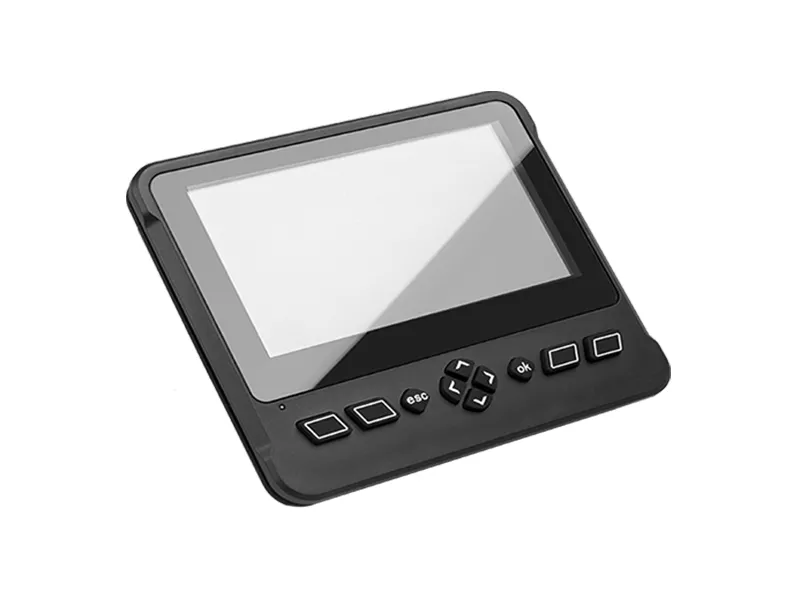What is a CAN Bus Display and how does it work?
In the complex world of automotive technology, communication between various components is crucial for seamless functionality. One technology that plays a vital role in this communication network is the Controller Area Network (CAN) bus. In this article, we will delve into the significance of CAN Bus Displays exploring how they contribute to efficient communication within vehicles.
What is a CAN Bus Display?
A CAN Bus Display is a user interface that provides real-time information about the status and performance of different vehicle systems connected through the Controller Area Network. It serves as a dashboard for monitoring and controlling various functions, enhancing the driver's understanding of the vehicle's condition.
How Does it Work?
The CAN bus is a robust and efficient communication protocol used in vehicles. It enables different electronic control units (ECUs) to exchange information rapidly. The CAN Bus Display acts as a visual representation of this data, translating complex signals into user-friendly information.
Key Features of CAN Bus Displays
Real-Time Monitoring: CAN Bus Displays offer real-time insights into critical vehicle parameters such as engine performance, temperature, and fuel efficiency.
Customization Options: Drivers can often customize the display to prioritize information based on their preferences, providing a personalized user experience.
Diagnostic Capabilities: In addition to monitoring, CAN Bus Displays can serve as diagnostic tools, identifying potential issues within the vehicle systems.
Integration with Other Systems: These displays are designed to seamlessly integrate with other in-vehicle systems, creating a unified interface for the driver.
Benefits of Using CAN Bus Displays
Enhanced Driver Awareness: By presenting information in an easily understandable format, these displays contribute to improved driver awareness, promoting safer driving practices.
Efficient Troubleshooting: The diagnostic capabilities of CAN Bus Displays enable quicker and more accurate identification of issues, streamlining the troubleshooting process.
Optimized Performance: Real-time monitoring allows drivers to make informed decisions that can lead to optimized vehicle performance and fuel efficiency.
Reduced Downtime: The ability to proactively address potential problems helps in minimizing unexpected breakdowns, reducing downtime and maintenance costs.
Applications of CAN Bus Displays
Automotive Dashboards: The most common application is in vehicle dashboards, where CAN Bus Displays provide a centralized hub for monitoring and controlling various functions.
Fleet Management: In the context of fleet vehicles, these displays play a crucial role in tracking and managing multiple vehicles efficiently.
Specialized Vehicles: CAN Bus Displays are integral in specialized vehicles like construction equipment and agricultural machinery, where monitoring various parameters is essential for optimal performance.
Conclusion
In conclusion, CAN Bus Displays are pivotal components in modern vehicles, providing a bridge between the intricate web of electronic systems and the end user – the driver. As automotive technology continues to evolve, these displays will likely play an increasingly vital role in ensuring efficient communication, enhanced safety, and optimized performance on the roads.
247
0
0


Comments
All Comments (0)